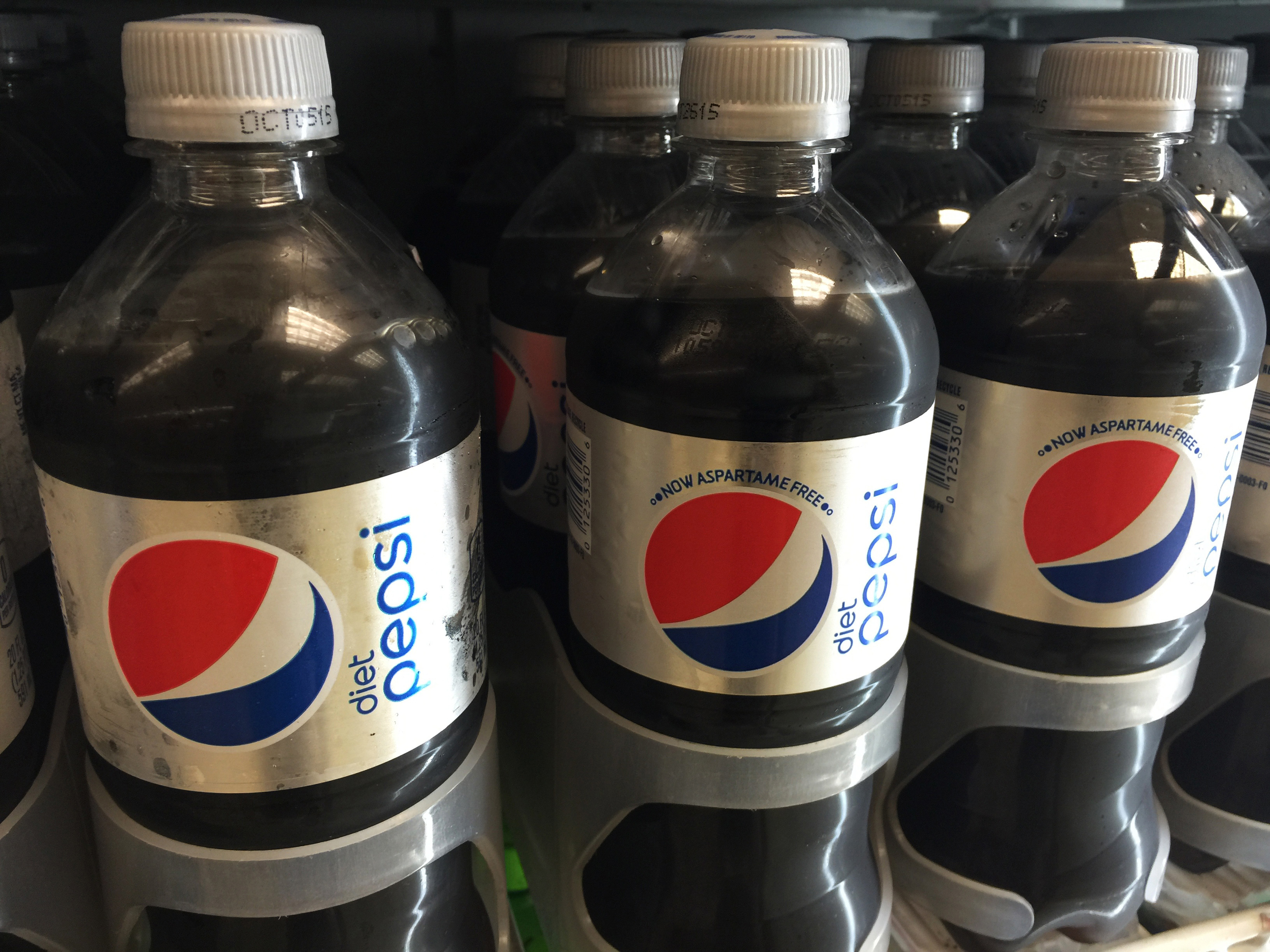Does aspartame cause cancer? You've probably heard that it might. And PepsiCo removing the artificial sweetener from Diet Pepsi suggests there's something iffy about it. New Diet Pepsi cans boast that the beverage is "now aspartame free," a statement probably meant to placate consumers who cite aspartame as the reason they're cutting back on the beverage.
Whether or not PepsiCo's move lifts sagging diet soda sales, it's a decision rooted in marketing rather than science. Decades of investigation have turned up no credible evidence that aspartame is harmful to humans in the amounts diet soda drinkers are likely to consume. Someone would have to drink about 20 cans of diet soda a day to reach the U.S. Food and Drug Administration's recommended daily limit for aspartame, and even that amount is just 1 percent of the level that raised health concerns in lab rats, according to the American Cancer Society. That group, along with the U.S. National Cancer Institute, the European Food Safety Authority, and Britain's Food Standards Agency, all agree that aspartame is safe to consume.
Some people will believe what they want to regardless of what the evidence says. Others want to make good choices about what they eat, but the information needed to make those decisions is a cacophony of often conflicting claims from marketers, academics, activists, and the media.

















With your current subscription plan you can comment on stories. However, before writing your first comment, please create a display name in the Profile section of your subscriber account page.